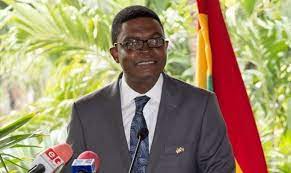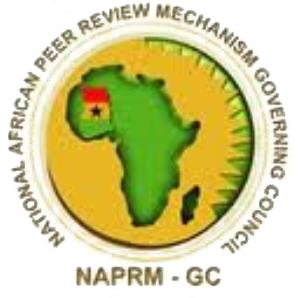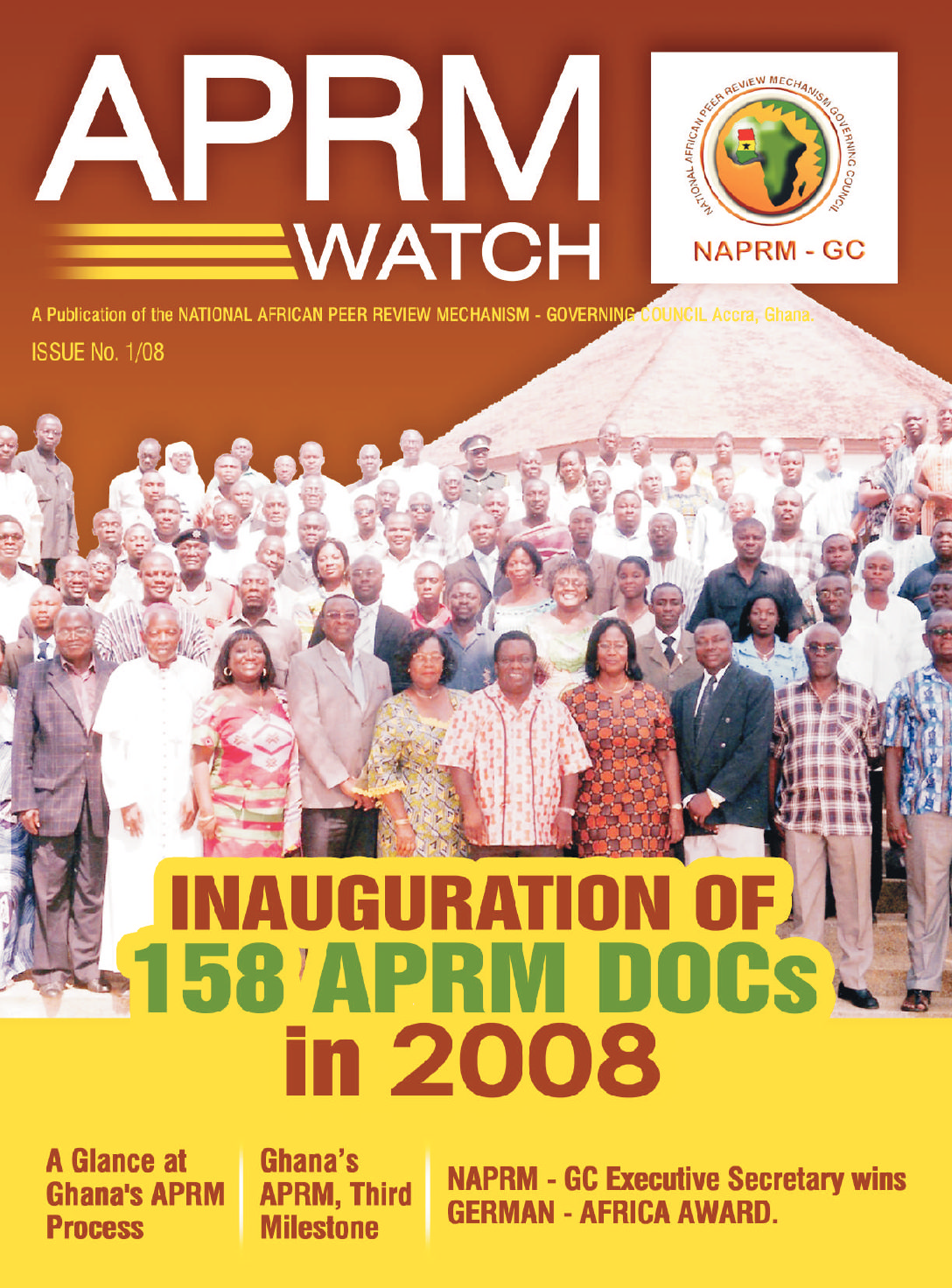
Dr Emmanuel akwetey- IDEG , GHANA
The crucial role of civil society in the implementation of the African Peer Review Mechanism (APRM) process and Knowledge-based organizations was widely discussed at the conference on the West African Centre for the Advancement of the APRM. Three presentations were made at the conference: Benin, Ghana, and Partnership Africa-Canada (PAC). The presentations highlighted the definition and understanding of civil society and how it could identify and carry out its strategic role in the APRM process.
Prof. Assah Gustave of Benin noted that the role of civil society has been misunderstood and has, in some cases led to confrontation with political leaders. The APRM recognizes civil society which facilitates closer partnerships involving a large number of civil society organizations in APRM programme implementation. However, civil society needed to exhibit transparency and accountability, build capacity and develop partnerships with other actors and also create frameworks for dialogue and consultations on the APRM. This will strengthen and deepen the democratic process to improve real grassroots understanding and meaningful participation in the APRM.
Mr. Ousmane Deme of Partnership Africa-Canada acknowledged the complex and peculiar nature of civil society participation in the APRM and traced it to the decision to wait for governments before it plays its role in the APRM implementation process. He emphasized the need for civil society to take leadership roles in the implementation of the APRM process; push for inclusion in the membership of the APRM Governing Council and approach the process more vigorously by producing position papers on pertinent issues on the APRM; and even more importantly, to monitor the national programme of Action which is a major benchmark in the assessment of the APRM.
Mr. Deme said it is important for civil society to ensure that the grassroots understand the APRM process by producing publications as well as popular guides on the APRM to educate stakeholders and to sustain the interest of the people. He agreed that funding is always a challenge but Partnerships Africa-Canada has been able to produce a number of such publications.
Dr. Emmanuel Akwetey of the Institute of Democratic Governance (IDEG) in Ghana emphasized that the APRM is the most important institutional mechanism developed in Africa which if well supported could become the standard practice for democratic governance and development in an integrated Africa… This, he observed makes civil society engagement paramount. He said society’s inability to give a clear- cut definition to civil society in itself brings up an interesting debate which limits its role in the APRM process.
Dr. Akwetey explained that the APRM is a complex process because its implementation has to be done at the country-level, local or national and linked up at the regional or continental level at the APRM Secretariat in South Africa. It also has a global angle because the donor community which was skeptical about the APRM had to be brought on board. This he noted makes the APRM multi-level as well as political in character and with the review of the Country Report by Heads of State at summits it becomes technical. There is also a popular dimension which is the participation of civil society which entails going to the grassroots to bring on board the vulnerable and other groups in rural areas to widen the space for participation. The diversity of the APRM becomes even more prominent because of its colonial past of English, French and Portuguese-speaking countries and different cultures and experiences.
He reflected on the APRM experience from 2001-2010 where thirty countries have acceded; APRM in the present where recommendations have been made for the integration of the National Programme of Action in national budgets and the future of the APRM where e lessons are available to be learnt and knowledge to enhance and direct the process. He said civil society has taken a longer time to understand its relevance and independence in the APRM but there is a lot to cheer about because there is an improved relationship between civil society and the APRM in Ghana. Civil society is conscious of its role to articulate the views of the people, to exhibit the capacity to act independently of the State like the Governing Councils which enjoy autonomy and as focal persons guide the APRM process and consistently create space for civil society participation. Participants raised a number of issues including what civil society is; whether civil society has the capacity to monitor the NPA; how to integrate civil society regionally; the waning support and goodwill for the APRM process because a lot of time is spent on fighting governments for space to participate; to what extent civil society is ready to change its modus operandi to address shortfalls; how to strategize and prepare to participate fully in the APRM process; how to reduce the complexity of the APRM process to move it faster and whether the state should fund civil society.
It was proposed that the WACAA should be linked with other economic blocks in the sub-region; the APRM Reports have become a legitimate governance tool so the methodology for assessment should be reviewed to reflect the context. The Country self-assessment reports should be made mandatory.

 newsletter-compressed
newsletter-compressed